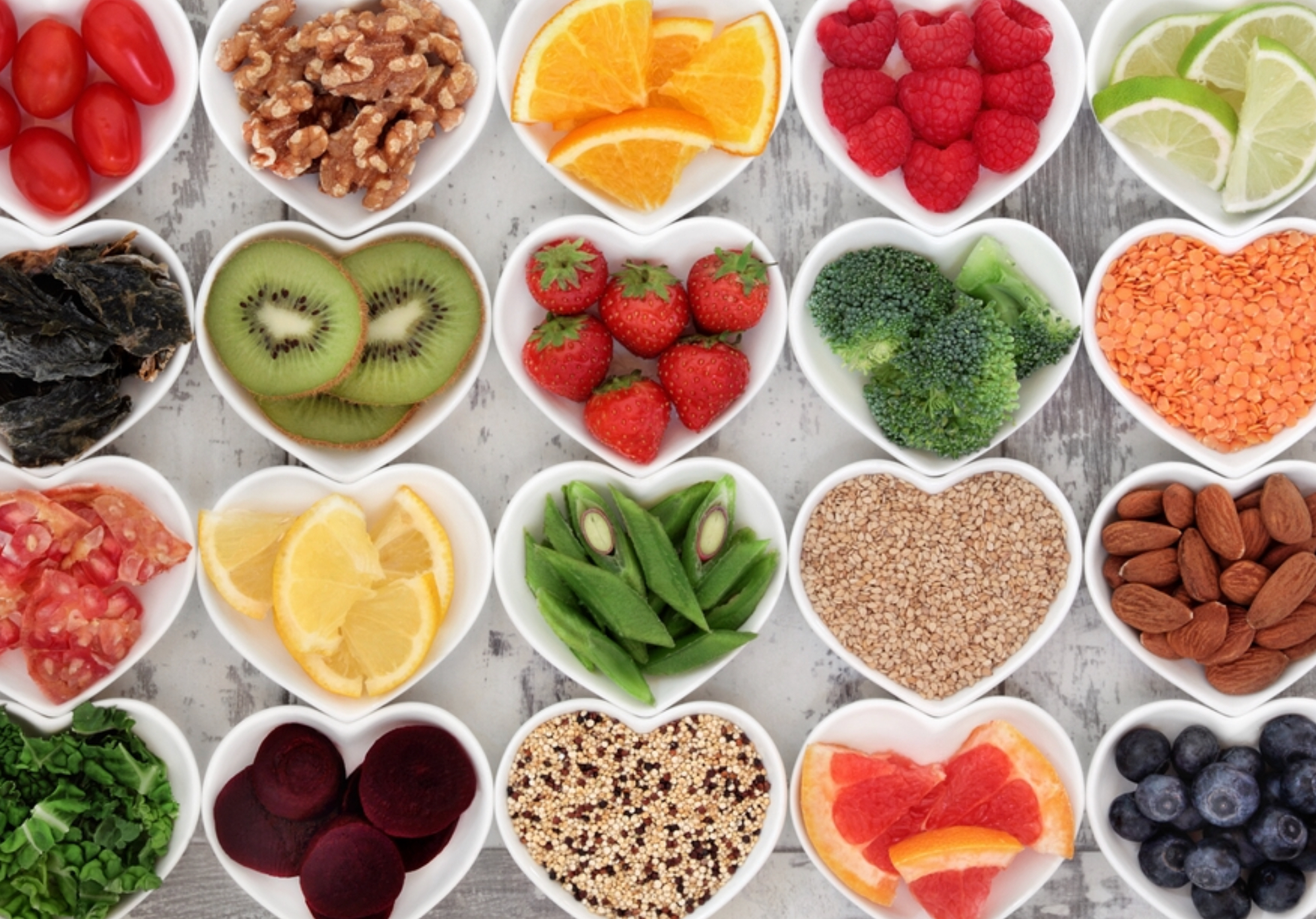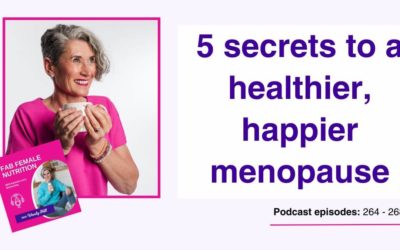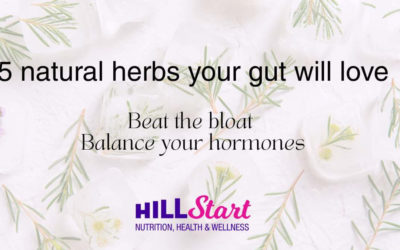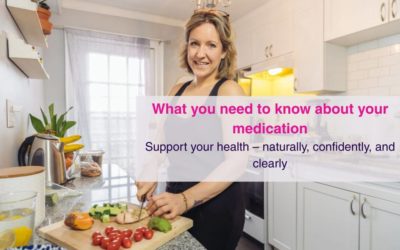There has beeen an enormous interest in vegan diets of late, and I have noticed more of my clients, and friends, are becoming vegan. Even more are considering it; or at the very least, eating a more plant based diet. A recent study by the Vegan society found that over 20% of respondents would consider becoming vegan.
We used to travel to India regularly and I think that was the beginning of my interest in eating a more plant based diet. I understand that not eating certain meats can be faith based, however it always intrigued me when we were given a menu that had a ‘normal’ section and then a non-veg section. For me this was entirely opposite to how menu’s I normally see are laid out, and, incidentally, the non-veg section was always considerably smaller than the veg section. Whilst holidaying in India, I found that, personally, due to the heat, I struggled to digest meat based meals. I found it better for my digestion to eat a vegetarian diet when I was there and that has continued my return to the UK. I will rarely have a meat curry, or eat meat if I am eating late, as I find it just sits heavily in my gut. I would like to point out that this is merely my own preferences based on my experiences and has no scientific or nutritional evidence to back it up.
So, for these that are considering becoming vegan what impact might it have on your nutrient, mineral and vitamin levels? And what things might you need to consider?
The first thing to remember is just like there is a healthy and unhealthy non-vegan diet, there is also a healthy and unhealthy vegan diet. However, if you already eat a diet that consist of mainly fresh, unprocessed food; with lots of variety and covering all the main food groups you should have very few areas of concern; and many of them are the same, or similar to non-vegan diets.
It is a common myth that Vegan’s can’t get enough protein from their diet. Yes, it is more challenging as animal protein is generally higher quality, but if you ensure you eat a diet plentiful in legumes, grains nuts and seeds there is no reason you shouldn’t get enough protein without having to take supplements. If you are a bodybuilder, or gym bunny, then there are some amazing vegan products out there. I recommend Revolution-food products but even the mainstream brands are starting to branch out into vegan products. And if you still don’t believe you can build muscle on a vegan diet, take a look at Nimai Delgado , I’m not going to argue with him about the size of his muscles!
Calcium is another area that causes some concern, and this is especially important for women as, if they don’t get enough calcium in early years they can suffer from osteoporosis in later life. Again, it is possible to get enough calcium from a vegan diet; leafy greens, soya milk contains almost as much calcium as cow’s milk, or by eating fortified foods such as breakfast cereals. However on a side note, do check the sugar and salt content of your cereals.
Irrespective of diet, iron levels are often lower than I would consider optimal in many of my clients, wether they eat meat or not. It is something I highlight with all clients, and whilst there are lots of vegan foods, chickpeas, sesame seeds, that are high in iron I find many clients struggle to even manage 50% of the RDA most days. Again fortified cereals can help, but it is wise for young girls and women during their menstrual years to really concentrate on getting these iron rich foods, or to supplement with a multi-vitamin. There are many on the market but I recommend Cytoplan Cytogold. Iron tablets alone are available too, however they can be harsh on the gut and cause constipation, so always make sure you seek advice.
One vitamin that I is essential for vegans B12, as this is really only found in animal foods, however it will come as no surprise that many that many meat eaters are low in this vitamin too! You can buy B12 supplements as a stand alone, again I recommend Cytoplan Vitamin B12, but many multi-vitamins also contain good levels of B12.
My final note is on Omega 3, most people get their Omega 3 from oily fish, however, anyone who follows my recipe blog will know that my husband doesn’t eat fish. So I supplement his diet with ground flaxseeds, which I sprinkle into his breakfast oats. This is really easy and a convenient way to add it to his daily diet.
In conclusion.
If you are already eating a healthy, mostly un-processed diet, with lots of variety you will notice very little change in your nutrients levels, except B12. However, if your diet is not great in the first place, then you may want to consider supplementation.
As with all nutritional advice, this should only be taken in conjunction with a consultation with you registered doctor.
I offer a free initial consultation to all potential clients. And would be delighted if you wanted to call me for more information about my 1-2-1 programs which are focused on helping you improve your diet and health in order to lead a long and fullfilled life. If this isn’t for you, please feel free to take a look at my recipe site, for lots of tasty recipes and food tips.
